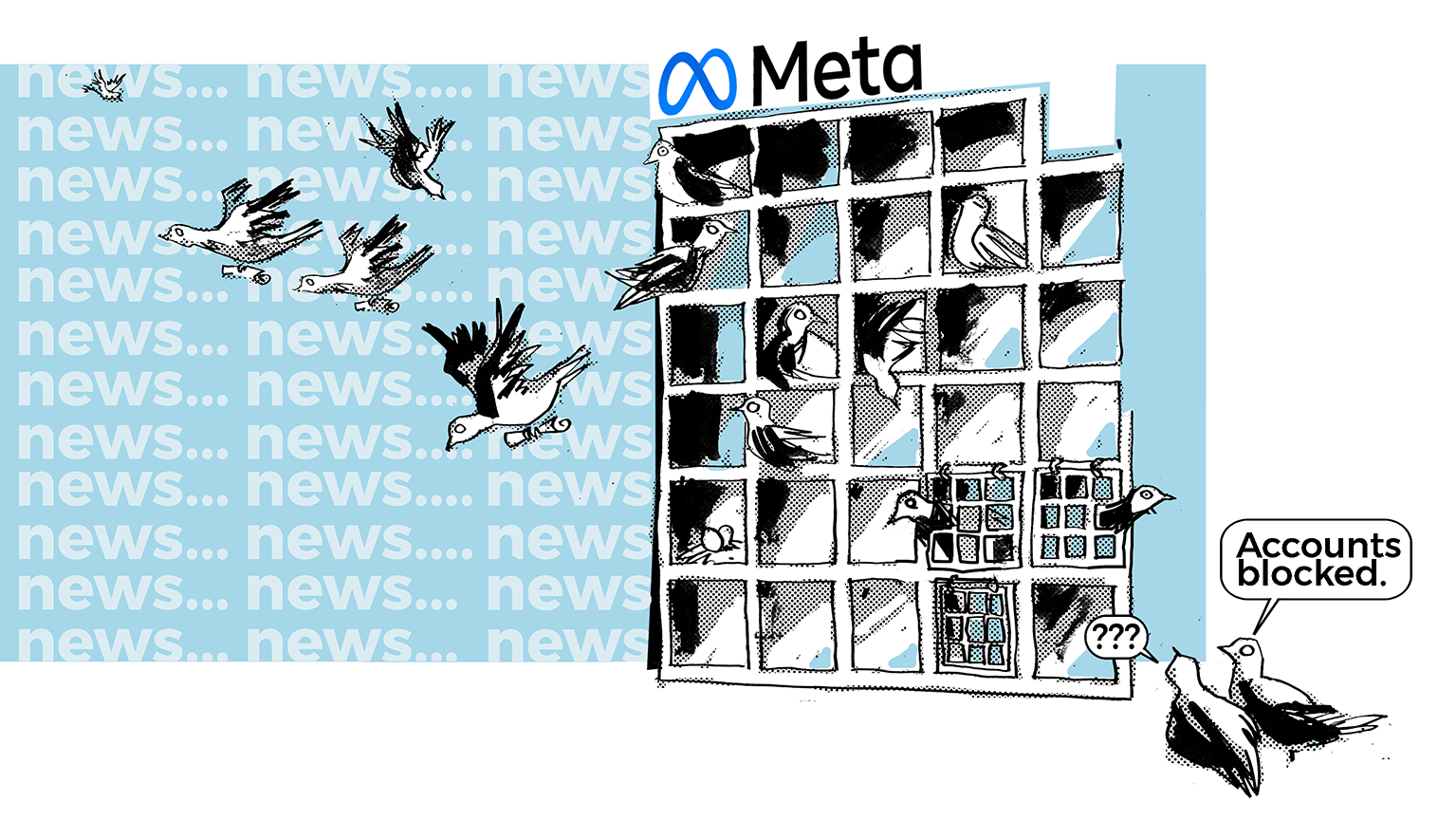New York, 20 – 23 September 2024
This year, Diplo had the privilege of reporting from the Summit of the Future and Action Days, bringing you in-depth insights from the heart of these important discussions. Our team of experts, alongside DiploAI, closely analysed the statements and debates shaping the future of global governance.
On our dedicated Summit of the Future page, you will find a comprehensive overview, including detailed analysis, statistics, transcripts, and much more. This resource offers an unparalleled ‘x-ray’ into the critical debates and forward-looking ideas addressed at the Summit.
You have two main ways to access Summit’s knowledge: via interacting with an AI assistant or through navigating a structured organisation of data.
The AI assistant
The AI assistant is built around DiploAI models and all debates at the Summit.

Expert analysis
You can consult an expert analysis of AI and digital issues covered at the Summit of the Future.

Session reports, speakers, main arguments
You can also get more structured access to the Summit knowledge via sessions, speakers, and main arguments…








































































































